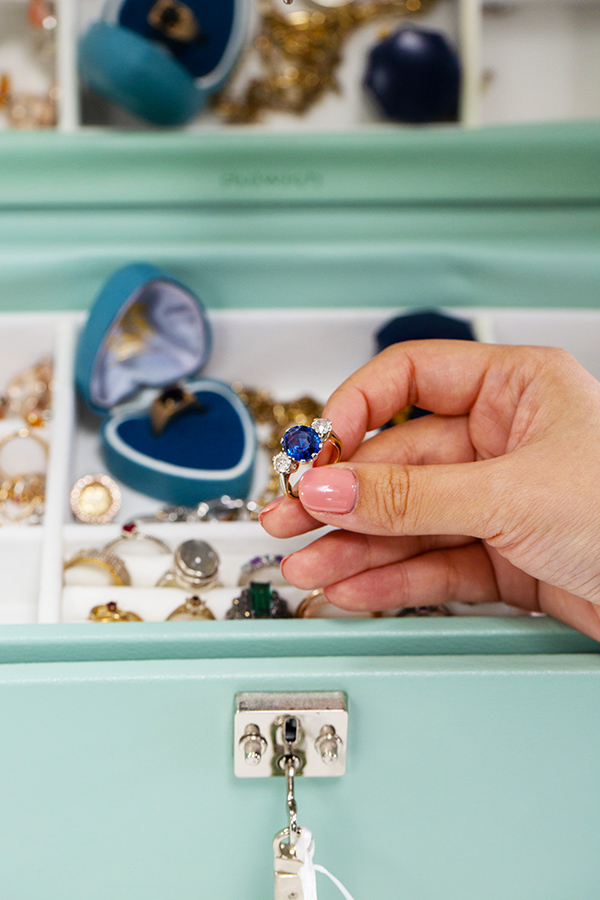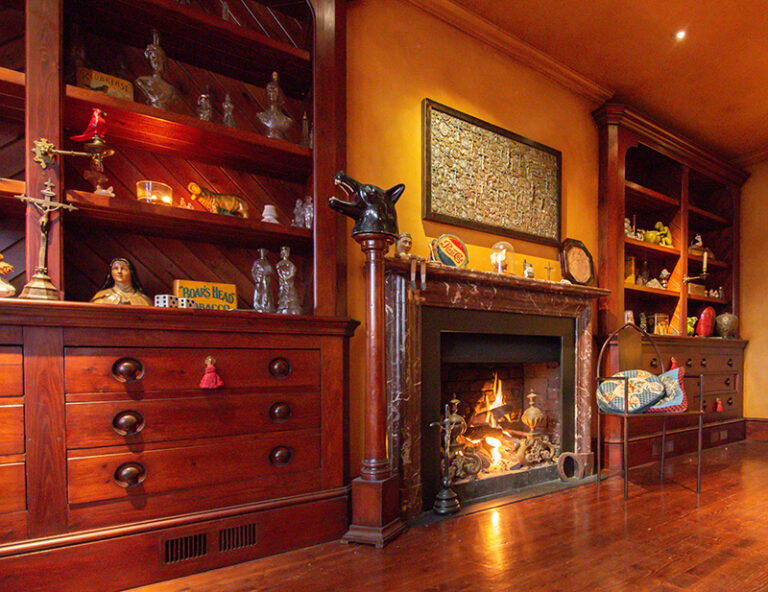According to HMRC guidelines, there are three main tasks an executor will need to complete when valuing the estate:
- Identify the deceased’s assets and debts such as savings, investments, mortgages, and loans.
- Estimate the estate’s value. This will affect how you report the value, and the deadlines for reporting and paying any Inheritance Tax. There is a £325,000 threshold on an estate, which means in most cases there is no Inheritance Tax to be applied.
- Report the value of the estate - how you do this depends on whether you need to send full details of the estate and its value.
The Probate process may seem straightforward, but it is very easy for things to go wrong. Executors can be held personally liable for any inaccuracies or mistakes made. Below we have outlined some common pitfalls and how to ensure compliance.
The Will:
While locating the latest Will seems obvious, if the deceased had several Wills over the years, it is important to determine you are referring to the most recent one.
You will also need to confirm the validity of the Will; has it been signed and witnessed correctly? Has there been a subsequent marriage or divorce? Are there any doubts about capacity? All these factors can affect the validity of a will, either in certain areas, or in some cases, entirely.
Keep in mind that some of the terms in the Will might not be as straightforward as they appear. For example, leaving money to a beneficiary, but that money turns out to be in trust and not in a bank account.
Assets:
All assets need to be located and declared. Forgotten or unused bank accounts with small sums of money, items of value stored at the bank. Some assets might not even be in the deceased’s name, perhaps a lump sum of money is being held by a family member for funeral costs, or there is a joint bank account – it is of paramount importance that these are all identified.
Executors sometimes innocently collect monies within their own bank account for “holding”, this is a breach of regulations, and the executor should always open a separate Executor Account.
Beneficiaries:
HMRC expects the executor to take all reasonable steps to locate any beneficiaries. A solicitor will be able to advise what is deemed “reasonable”.
Valuations:
An inaccurate valuation for an estate will directly affect the Inheritance Tax due, overvaluing items can result in unnecessary overpayment of tax, while undervaluing items can result in serious penalties to the estate and the executor.
If you have any art, antiques, jewellery, or collectables, we always recommend instructing a professional probate valuer to ensure that accurate valuations are carried out. Market prices are continually fluctuating and accurately valuing art and antiques requires a specialist.
Tax:
It is important that the executor understands the difference between Capital Gains Tax (CGT) and Inheritance Tax (IHT). If something is sold above the declared value, it can be liable for CGT. Also, income earned after death, before estate distribution may be liable for income tax.
Submitting to HMRC:
Consult with a legal professional to assist with collating and submitting documents in the appropriate format. This will ultimately help to avoid delays.
It is imperative that an executor of an estate understands their duties and responsibilities. As discussed, HMRC will hold the executor personally liable for any inaccuracies. Whilst these are some of the most common areas where executors can go wrong, it is recommended you consult with a professional probate valuer to ensure you do not fall foul of probate mistakes.
Are you the Executor of an estate that includes art, antiques, jewellery, or collectables?
Dawsons can provide a detailed probate valuation to meet HMRC requirements and will also facilitate the sale of valuables to an international marketplace, if required.
Please get in touch, we would be delighted to help:



